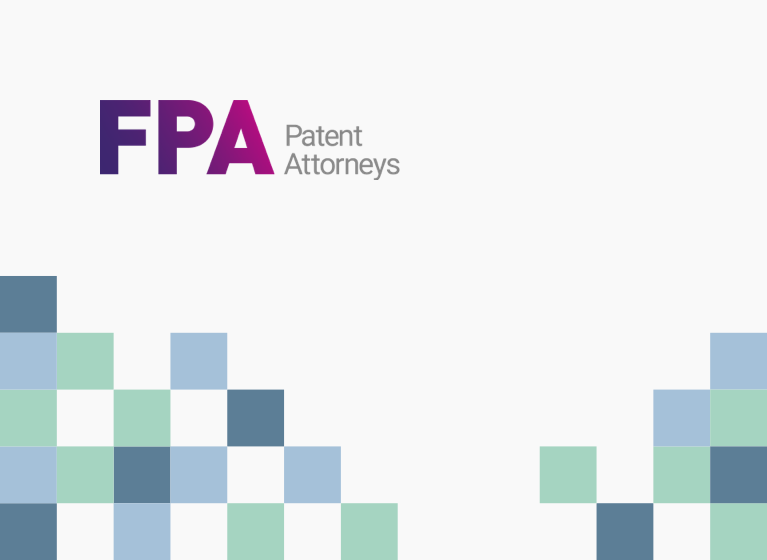Under Australian law, if a patent application ceases and the patent is subsequently reinstated by the owner by use of our extension of time provisions, a third party may obtain a licence to the patent on the basis of steps they took during the period in which the patent had ceased to exploit the relevant invention. In taking advantage of these provisions, the third party is effectively required to concede that licence is required because their acts would otherwise be an infringement of the patent. This aspect of the provisions lay at the heart of proceedings in the Patent Office decision of H Lundbeck A/S v Alphapharm Pty Ltd [2016] APO 45.
This decision is yet another stage in a long and complex legal history involving AU 623144 (AU ‘144), which protected the antidepressant escitalopram. It is not necessary to review the complete legal history but sufficient to recall that AU ‘144 expired and following that expiry the patentee successfully sought an extension of time to apply for a patent term extension. The patent term extension was granted and the expired patent returned to force.
Shortly after expiry of AU ‘144 several competitor products containing escitalopram were launched. When AU ‘144 returned to force, the competitors applied to the Patent Office for a licence to continue sale. The competitors then requested a stay until after the related infringement proceedings were concluded.
Subsection 223(9) of the Patents Act 1990 provides:
(9) Where the Commissioner grants:
(a) an extension of more than 3 months from doing a relevant act; or
(b) an extension of time for doing a prescribed relevant act in prescribed circumstances;
the prescribed provisions have effect for the protection or compensation of persons who, before the day on which the application for extension of time is advertised under subsection (4), exploited (or took definite steps by way of contract or otherwise to exploit) the invention concerned because of the failure to do the relevant act within the time allowed, the lapsing of the patent application or the ceasing of the patent, as the case may be. (Emphasis added)
The prescribed provisions in sub regulation 22.21(2) of the Patents Regulations 1990 require the party that desires a licence to continue to exploit an invention to apply to the Commissioner of Patents for grant of a licence.
The legislation provides that licences are for those who “exploited or took definite steps…to exploit” an invention. The problem for the competitors was that gaining a licence required standing to request a licence, which required the competitors to have exploited AU ‘144. At the same time, it was not yet clear if the AU ‘144 had been infringed and, as there were infringement proceedings on foot, conceding exploitation occurred could potentially have consequences for the infringement proceedings.
The Patent Office has the jurisdiction to decide the licence application and it is not possible to transfer consideration of the licence application to the court to be heard in conjunction with the infringement proceedings1. Similarly, the infringement action could not be heard before the Patent Office so there was no way to resolve both issues in one forum.
The competitors could have deferred requesting a licence until conclusion of the infringement proceedings. However, it was possible that the delay could adversely affect their licence application.
The solution to this dilemma devised by the competitors was to avoid undue delay by filing the requests for licences now (without conceding exploitation), requesting a stay and continuing the request for a licence if and when the infringement proceedings found exploitation of the invention.
This approach put the Patent Office in the position of deciding between a prolonged and indeterminate delay and the possibility of wasting resources deciding an issue that is ultimately moot. The Patent Office was concerned that a stay, which was likely to be for three, four or even more years, amounted to a denial of justice and a refusal by the delegate to perform their duty to hear and determine the proceedings2. Therefore, the prompt and orderly administration of the legislation was favoured and the stay refused. It was also relevant that the Patent Office needed to decide several matters that were not before the court including the acts relevant to grant of a licence and whether any exploitation was because of the expiry of AU ‘144.
The patentee sought judicial review of this Patent Office decision. Our related article available here, comments on that judicial review and the legal guidance provided by the court. Now we await the Patent Office’s substantive decision on the applications for licences.
1 Law v Razer Industries Pty Limited [2010] FCA 1058 at [15].
2 See H Lundbeck A/S v Alphapharm Pty Ltd [2016] APO 45 at [33] quoting Cadbury UK Ltd v Registrar of Trade Marks [2008] FCA 1126.






